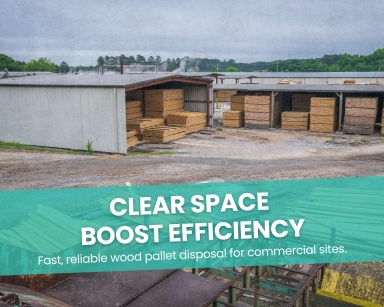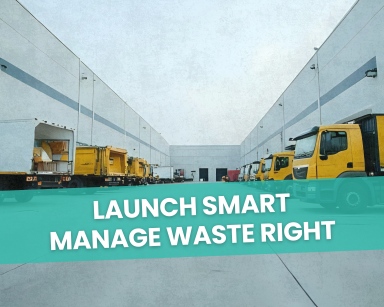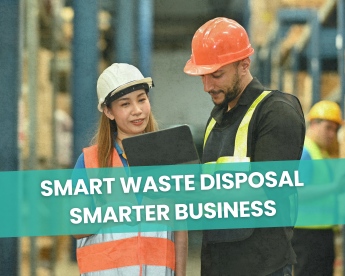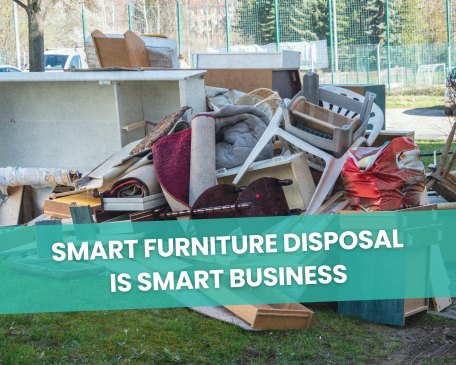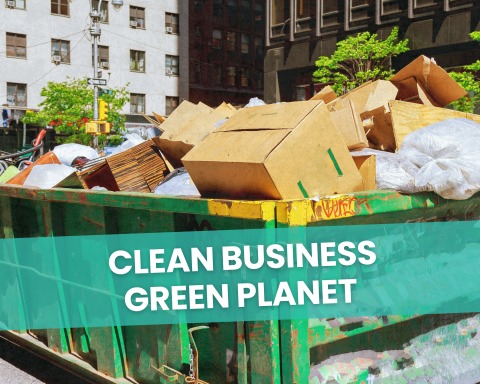How has COVID-19 affected the recycling industry?
Table of Contents
The Impact of COVID-19 on the Recycling Industry: A New Landscape of Waste Management
The world has been navigating a new reality since the onset of the COVID-19 pandemic. This global health crisis has not only affected our daily lives and health systems but also various industries across the board. One such sector that has experienced significant changes is waste management.
Amid the COVID-19 crisis, the sector has been grappling with several challenges, including increased volumes of waste, especially medical, and changes in composition. On the flip side, the situation has also opened opportunities for innovation and the development of more sustainable and efficient practices. This article will delve into the impact of COVID-19 on the industry, exploring how the sector has adapted and the trends that are likely to shape its future.
The COVID-19 Pandemic and the Global Recycling Industry
The recycling industry has been substantially affected by COVID-19, with both challenges and opportunities emerging. A significant impact is the increased generation of waste, especially medical and disposable items like masks and gloves. These changes have led to the:
- Need for the stronger management infrastructure
- Increase in innovative methods
- Surge in the demand for efficient technologies
- Demand for post covid-19 waste management systems
Each of these aspects represents a unique development in the sector, shaping the way waste is managed during and after the pandemic. Covid-19 has also brought a heightened awareness of the need to reduce and properly dispose of waste, as well as the importance of incorporating sustainable practices.
The Shift in Business Approaches to Waste Management
Businesses worldwide have had to adapt their strategies in response to COVID-19. Stricter rules and regulations regarding waste disposal have been implemented to ensure health and safety. Changes include:
- Enhanced segregation: This ensures safer and more efficient waste disposal and recycling.
- Increased use of personal protective equipment (PPE) by management personnel
- Better disposal procedures for potentially contaminated waste
These developments show a significant shift in business practices after Covid-19, influencing future trends. The covid-19 pandemic has presented a wake-up call to business owners to use sustainable practices. The trends of increased segregation, improved disposal procedures, and greater use of PPE are likely to continue in the near future.
From Waste to Energy: A Sustainable Response to COVID-19
Waste-to-energy processes have gained attention as a response to the pandemic. By converting waste into valuable resources like heat, electricity, and biofuels, these processes:
- Offer solutions for hard-to-recycle items.
- Generate sustainable energy, serving as a renewable alternative to fossil fuels.
- Contribute to the development of a more sustainable recycling sector.
These benefits make waste-to-energy an essential part of the future. Covid-19 has highlighted the need for more sustainable disposal practices, and this is just one example of how these changes can be made. After the covid pandemic, the trend is expected to continue as an effective way to manage and reduce landfill waste.
Beneficial Reuse: A Cost-Effective and Socially Responsible Approach
Beneficial reuse, finding new uses for items that would otherwise be discarded, has gained traction during COVID-19. It is cost-effective and promotes social responsibility. Some advantages include:
- Significant cost savings: Reduced disposal fees lead to financial savings.
- Tax deductions: Companies can potentially offset costs through tax benefits.
- Enhancement of corporate social responsibility (CSR): Beneficial reuse strengthens community relationships and promotes a positive public image.
The industry has seen a movement towards beneficial reuse after covid, and it is likely to remain a popular option in the future. Covid-19 has played an important role in the development of this practice.
What We Take: An Expanded Scope of Recycling
The scope of recycling has expanded in response to COVID-19. A wide range of items is now accepted for recycling, including:
- Household and office items: From clothing and kitchen utensils to electronic devices and office supplies.
- Personal care products: Such as shampoo, conditioner, lotions, and hand sanitizers.
- Miscellaneous items: Paint, batteries, light bulbs, and more.
This broadened scope helps divert more waste from landfills, contributing to a more sustainable environment. Covid has highlighted the need to embrace innovative approaches, invest in cutting-edge technology, and drive sustainable practices. Covid-19 has been an important catalyst for the enhanced scope of recycling.
The Future of the Recycling Industry
As we move forward, the lessons learned from COVID-19 will shape the future. The pandemic has highlighted the need for resilience, adaptability, and innovation. Several trends are expected to influence the future:
- Digital Transformation: Technology will play a vital role in improving waste management. This includes data analytics for tracking, AI-powered sorting systems, and advanced processing technologies.
- Circular Economy: The industry will continue to move towards a circular economy model, prioritizing recycling and reuse over disposal. This will help reduce the demand for new resources, minimize waste, and lower environmental impact.
- Policy Changes: There will be an increased emphasis on creating and enforcing policies that support sustainable practices. These might include regulations encouraging recycling, penalties for improper disposal, and incentives for companies.
Covid has had a major impact on the industry, driving innovation and creating new trends. Companies must focus on embracing new technologies, adopting a circular economy model, and creating policies that promote a sustainable future.
Conclusion: Embracing the Changes
In conclusion, while COVID-19 has presented significant challenges to the recycling industry, it has also served as a catalyst for change. The increased generation of waste during the pandemic has prompted the industry to adapt and innovate, leading to beneficial developments.
As we navigate the post covid world, we must continue to embrace these changes, developing more sustainable waste disposal practices. This will not only help address the current challenges but also contribute to a more sustainable and resilient future.


